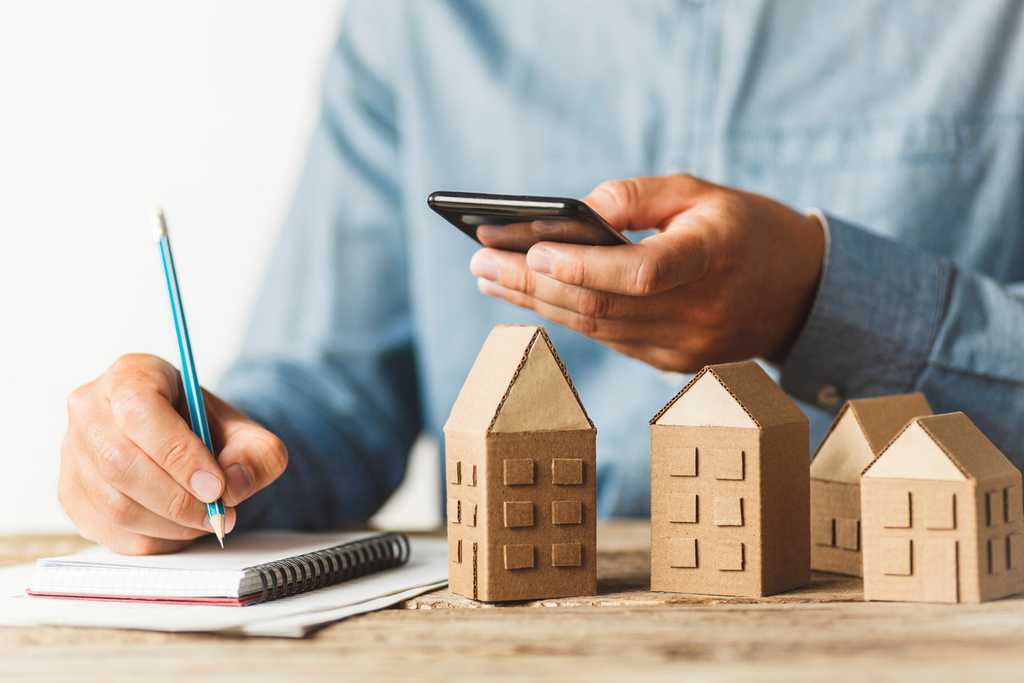Buying a second home is a popular way to earn rental income, prepare for retirement, or to guarantee a return trip to your favorite destination. Real estate investing is a good strategy to build wealth. However, owning a second home comes with additional expenses and responsibilities that many people aren't ready for. In this article, we'll discuss reasons why you might buy a second home and factors to consider before making your purchase.
Reasons you might be buying a second home
As a homeowner, there are many reasons why you're thinking about buying a second home. Some of these are financial, but many are personal as well. Here are a few of the common reasons people purchase additional real estate.
- Visiting a favorite vacation destination. When you've found your favorite place to travel, buying a second home there guarantees that you'll always have a place to stay, even on the busiest travel days. You'll be more comfortable in your own place and you can choose where to buy based on amenities, views, and features of the home.
- A place to stay when visiting family and friends. Although you love your friends and family, staying under the same roof may be too much. Having your own home nearby gives you a comfortable place to sleep during your visits (nobody likes sleeping on a pullout couch) and you can always leave when you need a break.
- Future retirement home. Many people planning for retirement plan on moving to another city when they quit working. People often move for lower tax rates, to be closer to activities they enjoy, or to get away from the high cost of big city living.
- Rental income. Buying properties is a good way to generate additional income from long-term renters or short-term tenants through Airbnb and other home-sharing platforms. Successful rental property investors often cover all of their home expenses with profit left over.
- Fix and flip project. Some real estate investors buy properties with the intention of rehabbing them and reselling for a profit. These properties are usually undervalued due to age or condition and are updated by contractors or investors who have the necessary time and skills to do the work themselves.
Factors to Consider Before You Buy
Buying a second home offers many attractive benefits, but there are some additional responsibilities that come with owning multiple properties. If you're interested in buying a second home, here are some factors to consider before you buy.
Affordability
As most homeowners can attest, buying a property is just the start of the expenses. When you own a second home, you'll need to pay for insurance, property taxes, maintenance, and utilities on this home as well. Plus, if you took out a loan to buy the property, you'll have the mortgage payment to make each month too.
Most homes come empty when you buy them, so you'll also need to budget for furniture, window coverings, dishes and silverware, and other related items. If you want to enjoy all of the comforts of home while traveling to your second home, you'll need to stock it accordingly.
Maintenance Costs
Beyond the normal expenses, owning a property means that you're responsible for major repairs as well. Even if these don't happen every year (like replacing a hot water heater or roof), it is a good idea to build a "major repairs fund" to cover those expenses when they happen. Before buying a second home, take a close look at your budget to determine if you can handle these additional expenses without affecting your ability to save for other goals.
Should You Rent It Out When Not Using It?
Some people who own second homes rent them out when not using them to offset the costs of ownership. This can be a good idea, but it can affect the reasons why you own a second home. If you've bought your second home in a popular area, there could be a lot of demand for it as a rental. However, it may be occupied by renters on the days you want to travel.
In general, the most popular days that you'd want to use the property (e.g. weekends, holidays) are the same days that others want to rent it. Would you be willing to give up some of your vacation flexibility to earn income from the property?
Occupancy Rules for Taxes
IRS rules state that if you rent your home for more than 14 days a year, it is considered a rental property instead of qualifying as a vacation home. This changes the property's tax deductibility in addition to the responsibilities of being a landlord.
For most people, you can write off the mortgage interest and property taxes on a vacation home. Just keep in mind the combined limits on mortgage interest deduction ($750,000) and state and local taxes ($10,000) for all of your personal residences. You can deduct a maximum of $10,000 of your state income taxes and property taxes each year.
When your second home converts to a rental property, the mortgage interest, property taxes, insurance, and other costs related to the home become business expenses. You'll need to track income and expenses more carefully and your income tax returns could become more complicated.
Is It Cheaper to Rent?
Whether you're renting for a week, a season, or a year, you may come out ahead by renting versus buying. You won't be able to stay in the same bed every time you travel, but you also won't be paying for a home when it is not in use. The expenses of a second home happen whether you are using it or not.
The cost of booking a hotel room or renting an Airbnb typically fit into a budget easier than the down payment of a second home and the monthly expenses of ownership.
What Happens When You're Not There?
Vacant homes can attract problems. Squatters may try to establish residency in your second home while you are away and some local laws make it hard to evict them. Insect and rodents can also set up shop in your home and leave a terrible mess when you return.
Utilities need to stay on to keep the home at a liveable temperature to avoid burst pipes and other problems. It helps to make friends with a neighbor who can check in on the home and let you know if they spot an issue that needs to be taken care of.
Do's and Don'ts
When purchasing a second home, here are some do's and don'ts to keep in mind.
- Do your homework to understand the total costs of ownership.
- Don't make an emotional decision when buying the home.
- Do negotiate the purchase price to save money.
- Don't neglect your other goals by spending too much.
- Do have someone you trust check on the home regularly.
- Don't forget to winterize your home to avoid burst pipes.
- Do sign up for electronic billing to ensure you pay its bills on time.
Bottom Line
Owning a second home is a dream for many people. With today's ultra-low interest rates, buying a second home can be affordable, even with home prices rising to all-time highs. Before buying another home evaluate your budget and the pros and cons of ownership to ensure that it is the right move for you. In some cases, you may be better off renting an Airbnb, booking a hotel room, or signing a short-term lease.

